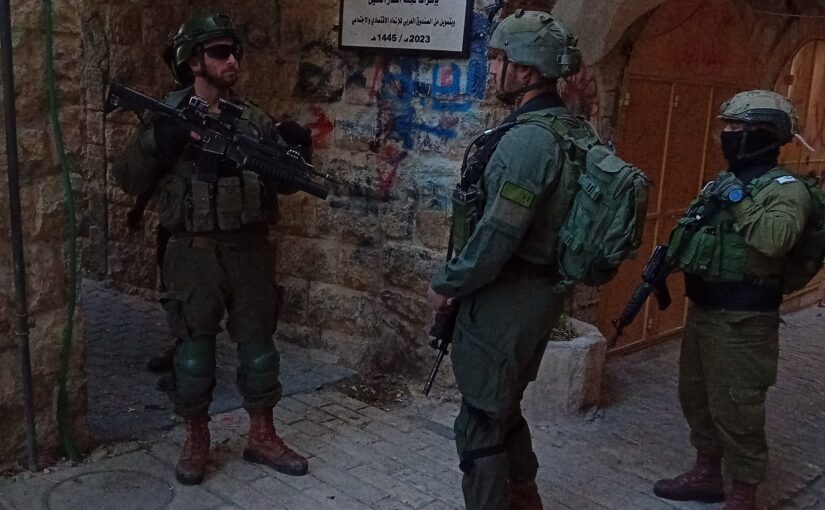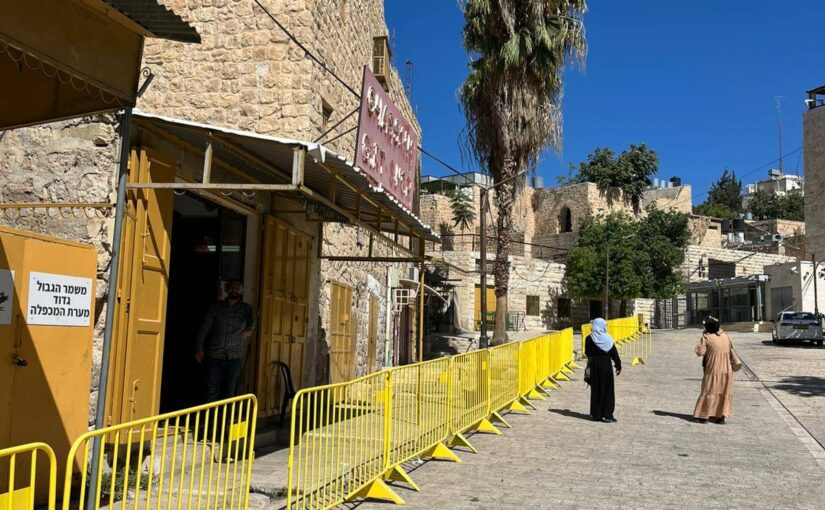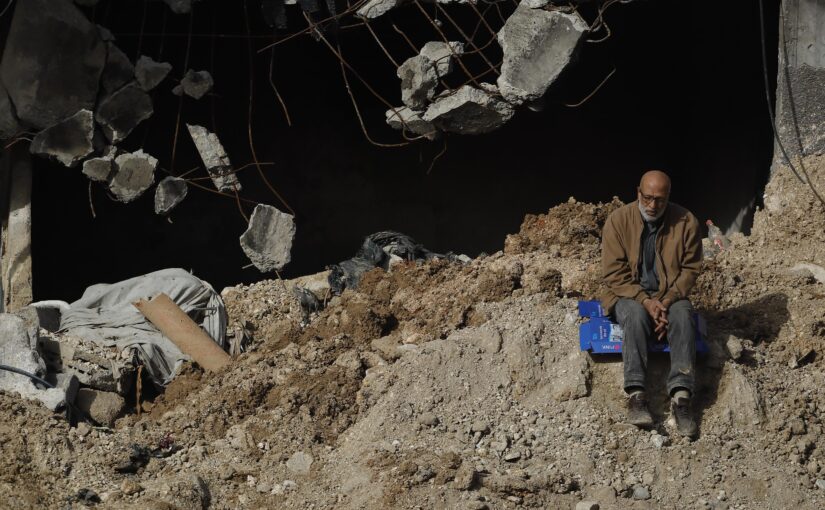Category: Features
-
Saturday Settler Incursion in Al-Khalil
In the afternoon of December 28, six soldiers ushered a group of activists and journalists away from the usually bustling Bani Dar neighborhood in Al Khalil. This show of force came to no surprise. For over two decades, Occupation Forces have entirely cleared neighborhoods in the Old City within Al Khalil under the false pretenses…
-
‘I’m still open’ – against the odds in al Khalil
December 30 – Al Khalil (Hebron) By Birdie This week has been a bad one for al Amal. Soldiers issued new threats to him, a souvenir-shop owner on the main drag in the Old City of Hebron (al Khalil), and his neighbours demanding that they close. And today, the mosque director refused to be searched…
-
Nine martyrs in Tulkarem: who will hold Israel accountable?
Israel has committed war crimes in Gaza, in the West Bank, in Syria, and in Lebanon. Who will hold them accountable for their crimes? By Diana Khwaelid | December 27, 2024 | Tulkarem, West Bank Nine Palestinian were martyred last week in Tulkarem and neighbouring cities during an Israeli military operation in refugee camps in…



